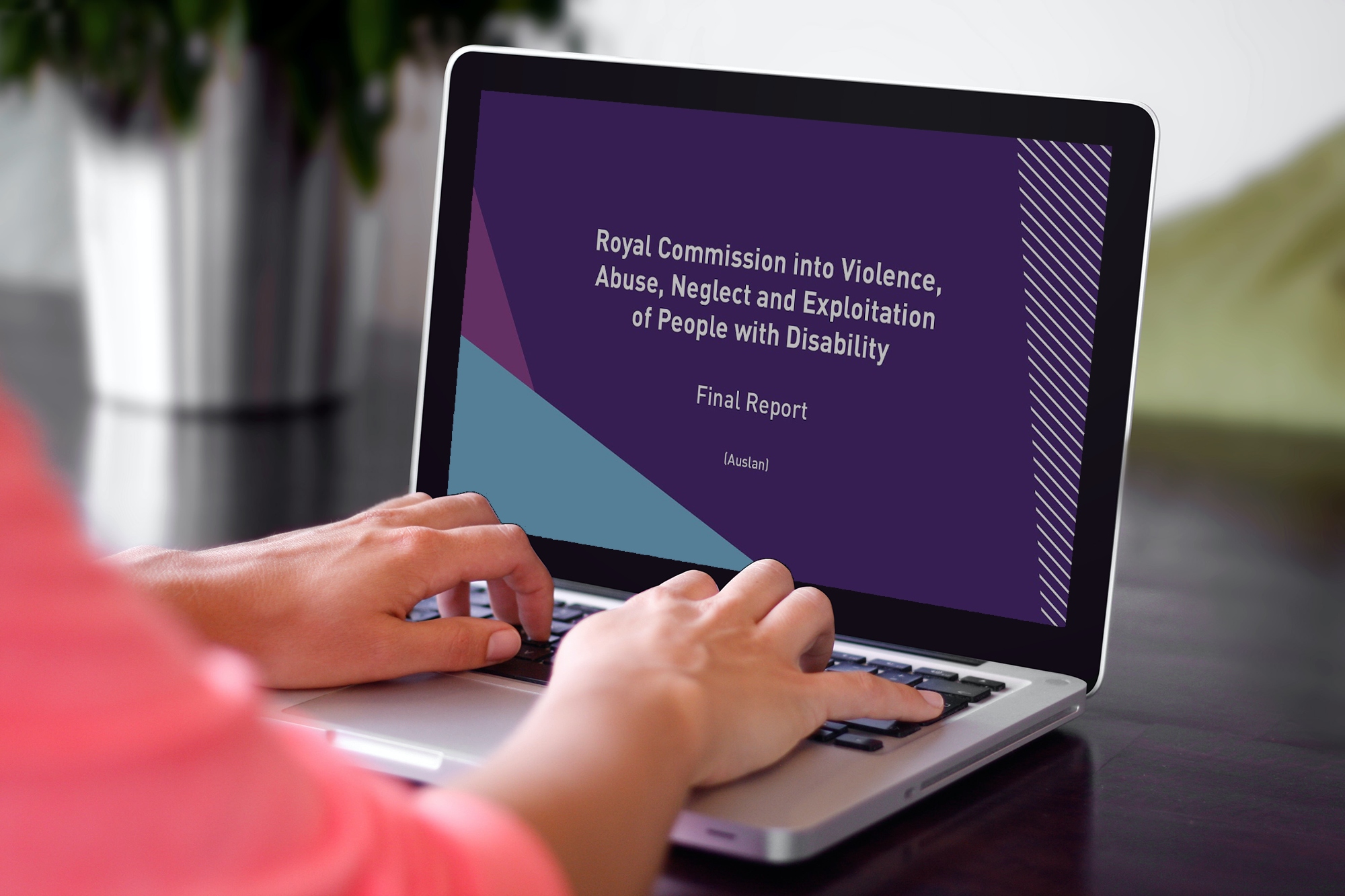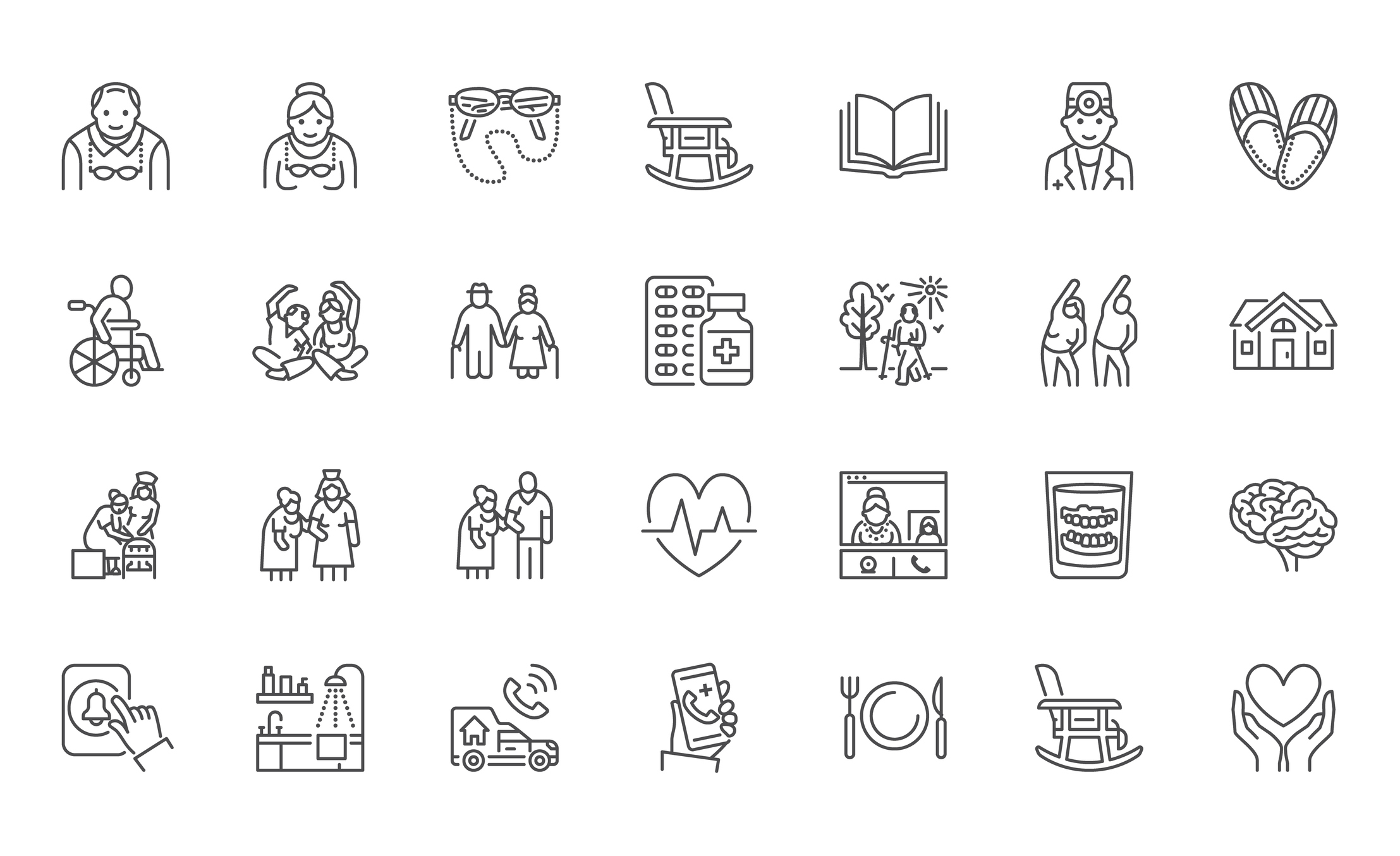The ageing population in Australia is increasingly diverse, with one in three older Australians born overseas. Aged care facilities have not always responded well to these diverse needs and often do not reflect the diversity of the wider population. Without taking specific actions to address the diversity of consumers in care, there is a risk that older people can be left feeling neglected and isolated.
A recent hearing on diversity in aged care in the Royal Commission into Aged Care Quality and Safety heard of instances where providers have failed to accommodate diverse older people. Malloy, a lesbian woman in her 80s, spoke of the discrimination that she has felt in aged care facilities, and highlighted the lack of awareness and the discrimination that she had experienced from staff.
Providing residents with choice and control is central to Standard 1 of the Aged Care Quality Standards: Consumer Dignity and Choice. To exercise this choice and control, residents need to have their diverse needs catered for.
In 2019, as part of the Aged Care Diversity Framework initiative, the government released four Diversity Framework Action Plans. These action plans outline procedures that can be taken to support all diverse groups of older people. These plans are not mandatory compliance requirements, however they guide organisations in delivering more inclusive and culturally appropriate services to all older people.
BNG has developed self-assessments in Standards & Performance Pathways (SPP) based on the action plans, to help guide your organisation in delivering a safe and inclusive service environment for individuals. There are three levels of each action plan to work through: foundational actions, next steps and leading the way. The action plans acknowledge that each provider is starting from a different place and therefore allow providers to work through three different levels according to what is most relevant to their services and client base.
The four diversity action plan self-assessments are:
This self-assessment assists providers in creating a more safe and inclusive service for all diverse older people. The action plan recognises that there is no ‘one size fits all’ approach to diversity. Taking steps to make the services more inclusive for diverse older people means better engagement with existing and potentially new consumers, improved wellbeing for consumers and new partnerships built within the community.
While the national Aboriginal and Torres Strait Islander population is projected to grow by 59% between 2011 and 2031, the Aboriginal and Torres Strait Islander population aged 65 and over is projected to grow by 200%[1]. This means that aged care facilities need to respond to the growing demand from older Aboriginal and Torres Strait Islander people. Aged care providers need to ensure that they are working to address the current barriers to service access that many older Aboriginal and Torres Strait Islander people face, and ensure they receive culturally appropriate services.
Many older CALD Australians face additional barriers to access and awareness of aged care services. In June 2015, only 18% of people in permanent residential aged care were from non-English-speaking countries, which is not reflective of the fact that around 33% of people in the wider community were born in a non-English-speaking country[2]. As a bilingual person ages, they can lose the English skills that they have acquired over their lifetime and revert back to their original language. This means that additional support needs to be provided to allow older CALD people to access aged care services, and ensure they receive culturally appropriate care.
BNG has an interpreter services policy that can be a useful resource for organisations when providing care to older CALD people.
The action plan acknowledges that many older LGBTI people have faced significant discrimination and neglect throughout their lives. This means that many older LGBTI people may be ashamed or may face significant anxiety in expressing themselves. Organisations should be considerate of this experience and build confidence among older LGBTI people by providing the support and care that they need.
The action plans have been developed to assist aged care providers to ensure continuous improvement in providing care that meets the diverse characteristics and life experiences of all clients. Completing the new self-assessments in SPP is a simple way for providers to incorporate the Aged Care Diversity Framework into their service delivery, and work towards best practice in tailoring their care to assist individuals.
[1] https://www.health.gov.au/sites/default/files/documents/2019/12/actions-to-support-older-aboriginal-and-torres-strait-islander-people-a-guide-for-aged-care-providers.pdf
[2] https://www.health.gov.au/sites/default/files/documents/2019/12/actions-to-support-older-cald-people-a-guide-for-aged-care-providers.pdf
Contact us
Want to know more? Talk to our team.


